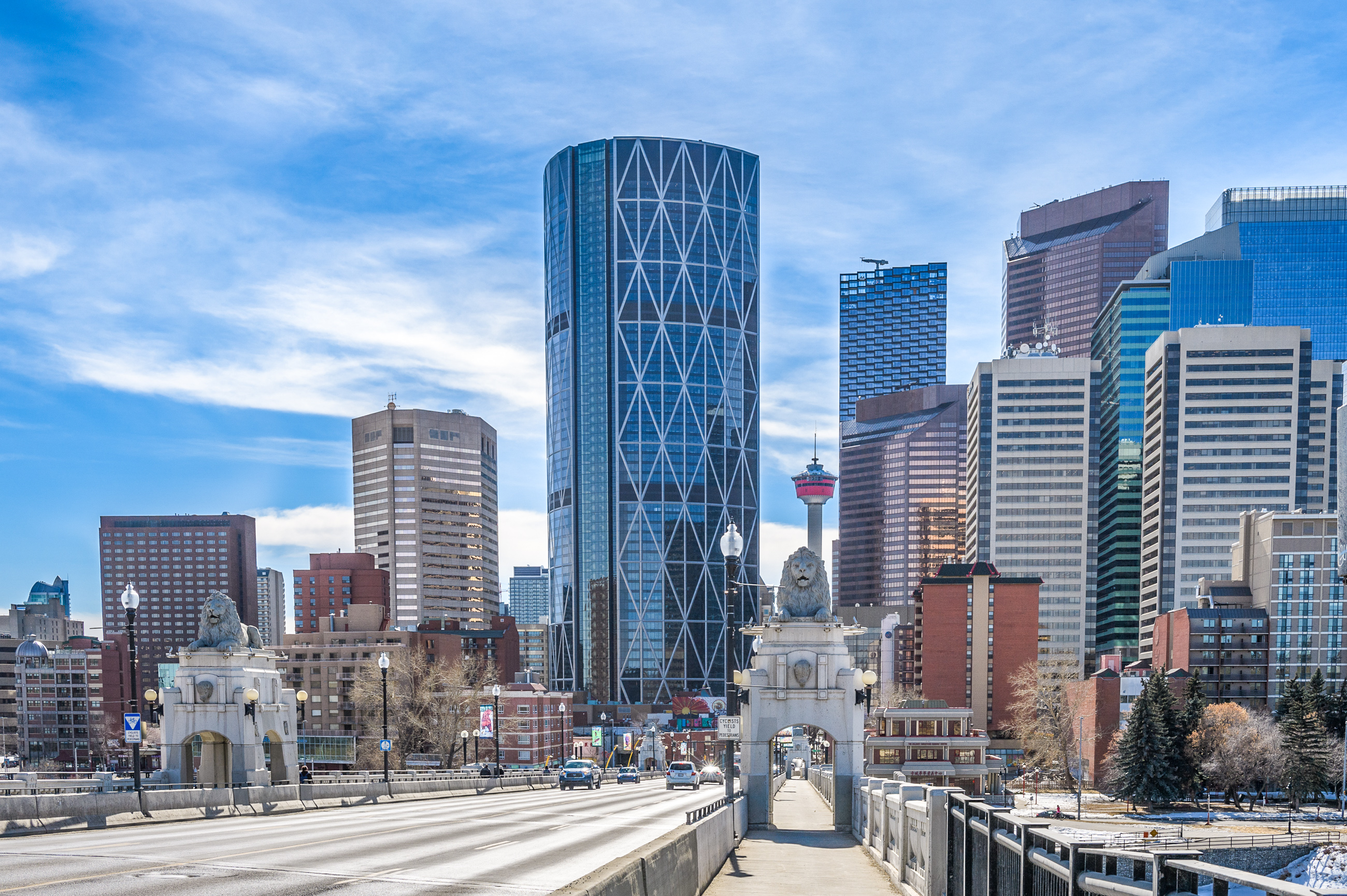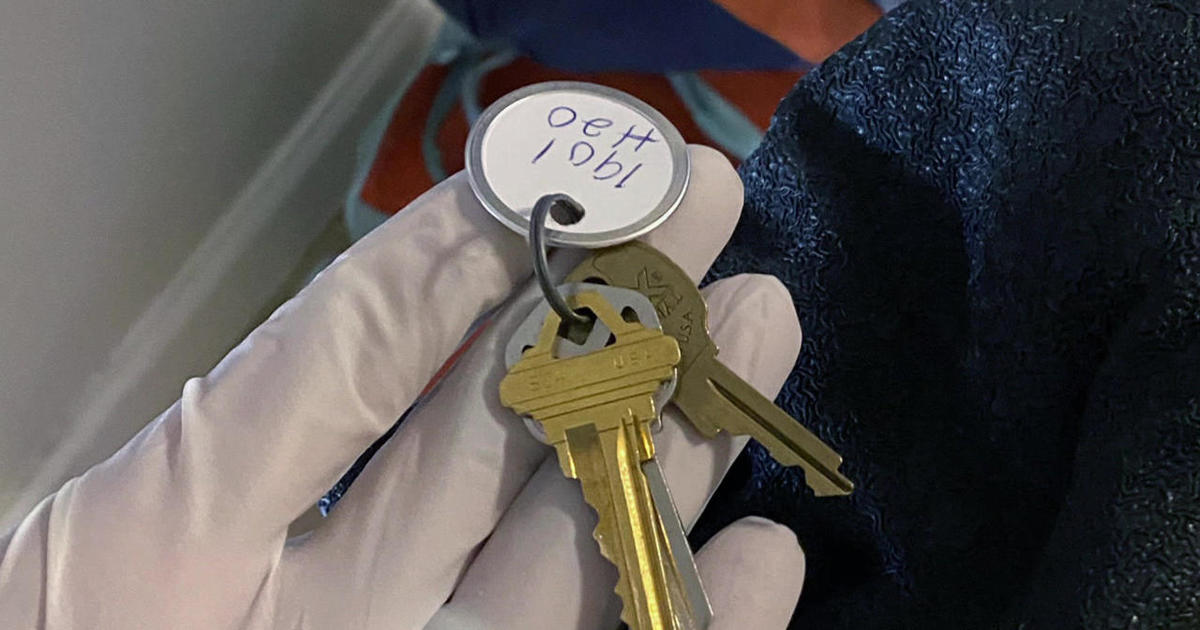Portugal's decline is more nuanced than that. It isn't just a surge of worse drugs but also a general de-funding and placing responsibilities onto nonprofits and nongovernmental organizations which simply do not have the funds, capacity, or scale to make a long-term positive impact; leading to the worsening of the situation.
From the WAPO two years ago (archive.is link due to paywall):
I understand that Portugal got stereotyped to "just decriminalized drugs and solved addiction" over the course of it's decriminalization experiment, leading to disasters like the recent Oregon decriminalization disaster, but historically Portugal had a very well funded and well oiled government service that was able to support and force drug rehabilitation for its citizens. However, when funding dried up, so did the positive results.
The lesson from Portugal is that anti-drug addiction measures need to be well funded and well supported by their respective governments and if they are not, they simply will not work. Regardless, nearly any anti-homeless initiative needs government funding regardless of its model. For example, since 1984, Finland had decreasing number of homeless people in the country in large part thanks to its model of "Housing First"; making sure that homeless people had a safe and steady place to sleep before anything else. However,
Finland has experienced it's first rise in homelessness in eighteen years this year. The reason why, of course, being rising rents due to a decrease in housing construction and availability along with the current right wing Finnish government slashing welfare and funding for Finland's anti-homelessness initiatives.
The point of it all is that any and all anti-poverty, anti-homelessness, and anti-addiction projects need good and consistent long-term funding else they simply fall apart. Hell, even actively criminalizing, punishing, prosecuting, and forcing rehab requires funding. Without funding of any kind of any program to deal with the homeless and drug addicts requires funding that these programs simply don't get, and without that funding the problem only grows. Even something like moving or just demolishing DIC and other central supportive housing requires funding they're not receiving. So unless governments pony up, and I have a feeling most right wing conservative governments won't these days, the issue will simply only worsen.
Best you can do is simply continue to focus on housing affordability/supply so people have less chances to slip through the cracks and into chronic homelessness.

www.calgary.ca





